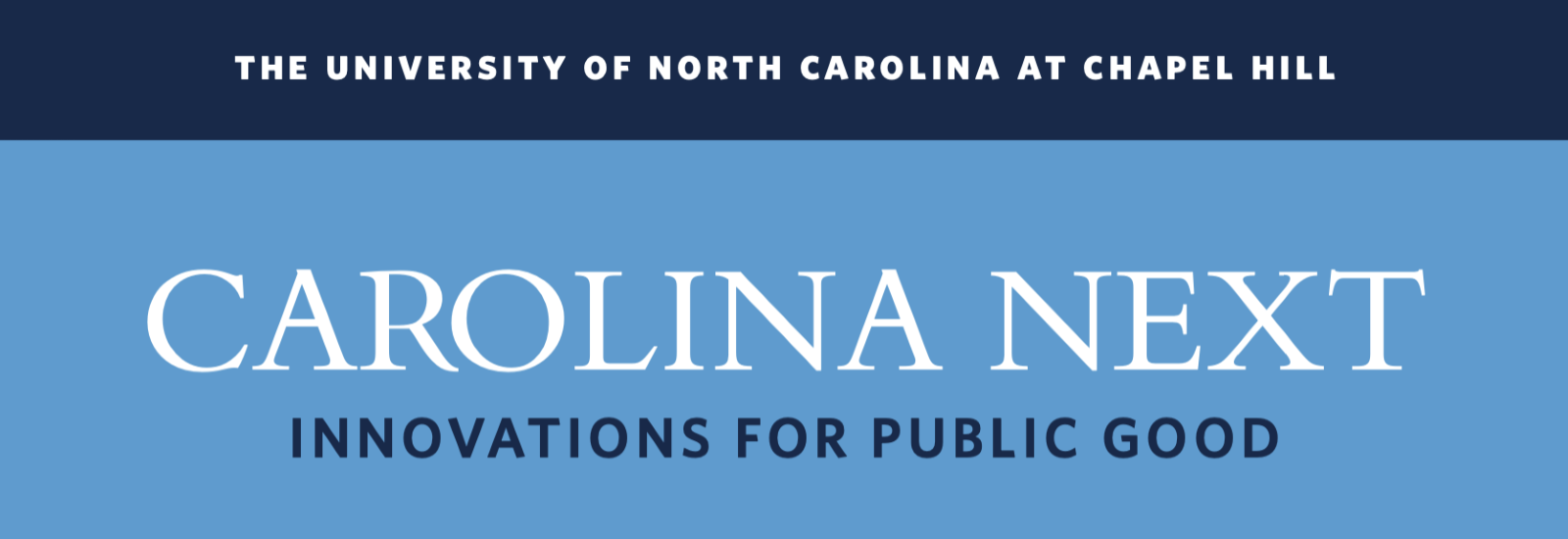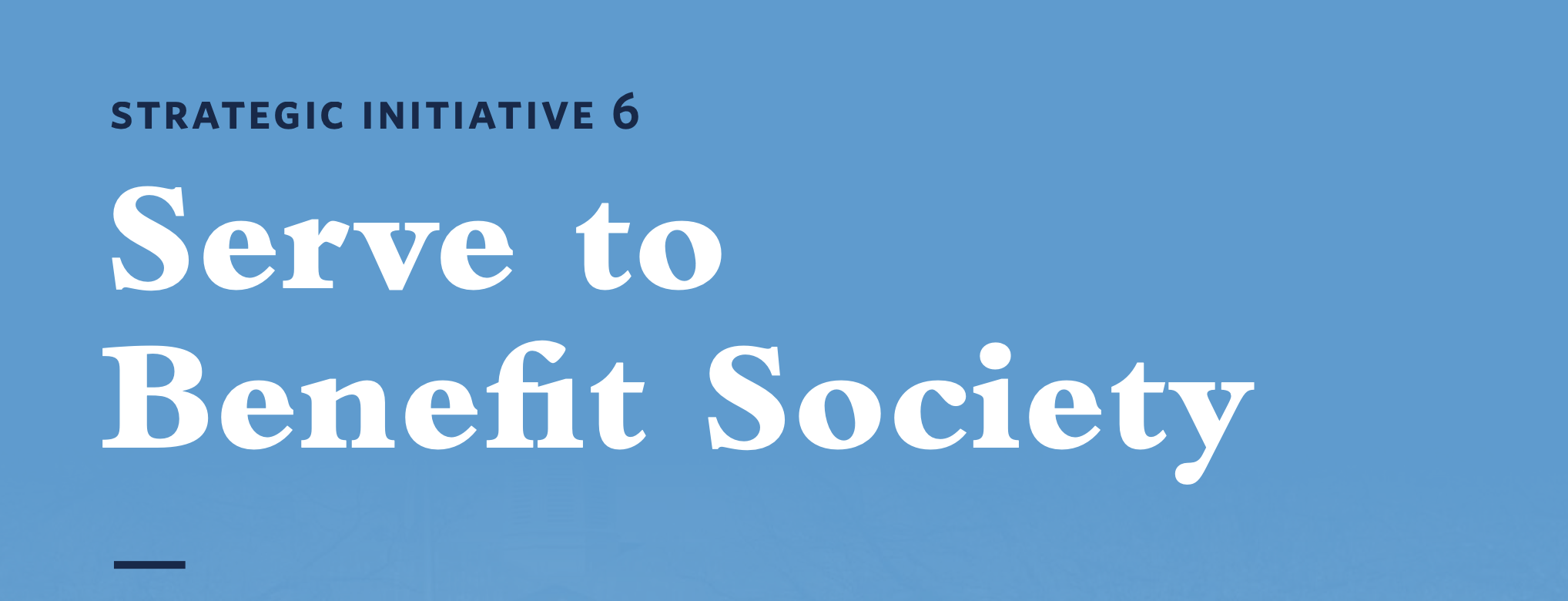Serve to Benefit Society
The Carolina Across 100 initiative aligns with the University’s strategic plan, Carolina Next: Innovations for Public Good, specifically to “Serve to Benefit Society.” This section of the plan calls UNC to “[e]ngage with communities and local governments to solve problems and improve lives.” While the plan is not limited to engagement in North Carolina, Carolina Across 100 is, and it offers scholars, staff, and students’ robust opportunities to partner with and learn from our state’s diverse communities.

UNC-Chapel Hill embraces with pride its status as the nation’s first public university and its call to public service – to the people of North Carolina and the region, nation, and world. Our mission statement makes clear that we are a center for service and to extend our “knowledge-based services and other resources of the University to the citizens of North Carolina and their institutions to enhance the quality of life for all people in the state.”
The guiding principles for Carolina Next — “Of the Public, For the Public” and “Innovation Made Fundamental” — also express our commitment to service for the benefit of society. Our citizens and our communities, at home and beyond, are expecting and depending on us to honor that commitment.

At no time in the 227-year history of the University of North Carolina has it had such a dramatic and concentrated role to play in implementing ideas and discoveries for public benefit. In response to the COVID-19 pandemic, UNC researchers and staff came together in extraordinary ways to cross boundaries, focus in unique and singularly targeted way, and mobilize parties working simultaneously on their parts of implementation to deliver critical solutions in days, rather than months or years.
Carolina is uniquely positioned to drive innovation, as well as economic and social development. As an engine of innovation, Carolina develops entrepreneurs, enables the creation of new companies and job growth, and translates basic science into solution-oriented products, programs, technologies, and services to solve problems for the public good. Social and economic potential can be realized when academic research findings are translated effectively in partnership with communities that are proximate to the deepest concerns. The COVID-19 pandemic has demonstrated that, as with natural disasters, it disproportionally affects those of color and lower socioeconomic means. Serving to benefit society means working with communities to address inequities and systemic racism more broadly.
Carolina’s commitment to service must remain strong, evolve in new and innovative ways, such as those demonstrated during its response to the COVID-19 pandemic, to meet the needs of the state and beyond.



